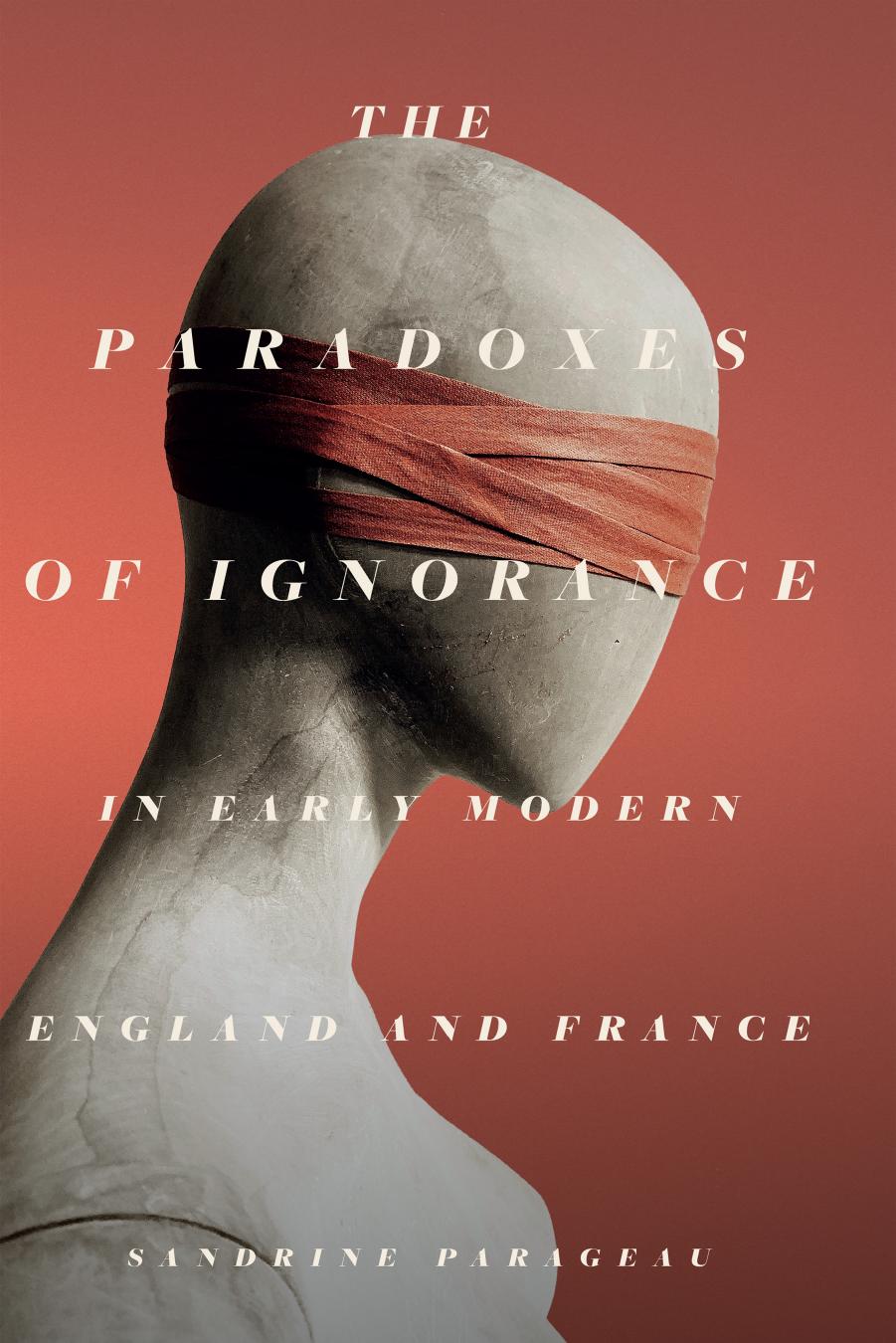The Paradoxes of Ignorance in Early Modern England and France by Sandrine Parageau

Author:Sandrine Parageau
Language: eng
Format: epub, pdf
Publisher: Stanford University Press
Published: 2022-06-15T00:00:00+00:00
CHAPTER 6
Ignorance and Chance Discovery
It was argued in the previous chapter that ignorance could be used in myths, fables, or fictions to give a representation of the naked mind and thus expose its workings. The aim of these fictions of ignorance was to understand the nature, limits, and mechanisms of the understanding, by imagining it in itself, divested of all learning, in order to devise efficient methods for acquiring knowledge based on the observed workings of the mind. This chapter focuses on another use of ignorance in the scientific context: it examines the chance discoveries made by illiterate men and women, a topos in the early modern period, and inquires whether ignorant people were deemed to have specific qualities that rendered them more likely than scholars to make those discoveries by chance. The chapter argues that one of those qualities was sagacity, which played an essential part in the philosophies of both Bacon and Descartes in particular. It also contends that the Baconian program devised means to imitate or experimentally reproduce the conditions that led to chance discoveries by illiterate men, with the aim to appropriate this kind of discovery and introduce it into the scientific discourse.
Artisans and the Myth of the Illiterate Inventor
That chance discoveries were made primarily by ignorant people and not by scholars or natural philosophers was a topos in the early modern period. The discovery of the New World by Columbus, while he was actually looking for another land, was often given as an example of such discoveries, even though Columbus was not illiterate, but merely ignorant of the continent where he had landed.1 Although the distinction between illiterateness or general lack of knowledge on the one hand, and specific ignorance on the other is important, it was often overlooked in this topos, and the discoverers were called âignorantâ even when they were actually educated. In La Vérité des sciences, the skeptic in Mersenneâs dialogue argues that âthe most ignorant people were wiser and more learned than those who were deemed the wisest and most learned,â emphasizing that âignorant Columbus found the New Worldâ and that the magnet, the cannon, and the printing press were invented by âweak artisans.â All this proves, according to the skeptic, that âfools and ignorant people work quantities of marvels that the most learned scholars cannot even begin to understand.â2 But the idea that many important discoveries had been made by ignorant people was not the opinion of the skeptics only, or a fallacious argument they used to discredit learning. A famous example of a crucial chance discovery made by an illiterate man was found in Descartesâs essay on the Dioptrics included in the Discourse on Method. In this text, the Dutch artisan Jacques Métius is presented by Descartes as the inventor of the first perspective glass or telescope:
But to the shame of our sciences, this invention, so useful and so admirable, was found in the first place only through experiment and good fortune. It was about thirty years ago that
Download
The Paradoxes of Ignorance in Early Modern England and France by Sandrine Parageau.pdf
This site does not store any files on its server. We only index and link to content provided by other sites. Please contact the content providers to delete copyright contents if any and email us, we'll remove relevant links or contents immediately.
Phoenicians among Others: Why Migrants Mattered in the Ancient Mediterranean by Denise Demetriou(596)
american english file 1 student book 3rd edition by Unknown(590)
Verus Israel: Study of the Relations Between Christians and Jews in the Roman Empire, AD 135-425 by Marcel Simon(585)
Caesar Rules: The Emperor in the Changing Roman World (c. 50 BC â AD 565) by Olivier Hekster(569)
Basic japanese A grammar and workbook by Unknown(554)
Europe, Strategy and Armed Forces by Sven Biscop Jo Coelmont(512)
Give Me Liberty, Seventh Edition by Foner Eric & DuVal Kathleen & McGirr Lisa(491)
Banned in the U.S.A. : A Reference Guide to Book Censorship in Schools and Public Libraries by Herbert N. Foerstel(479)
The Roman World 44 BC-AD 180 by Martin Goodman(469)
Reading Colonial Japan by Mason Michele;Lee Helen;(462)
DS001-THE MAN OF BRONZE by J.R.A(458)
The Dangerous Life and Ideas of Diogenes the Cynic by Jean-Manuel Roubineau(451)
Introducing Christian Ethics by Samuel Wells and Ben Quash with Rebekah Eklund(446)
Imperial Rome AD 193 - 284 by Ando Clifford(445)
The Oxford History of World War II by Richard Overy(444)
Catiline by Henrik Ibsen--Delphi Classics (Illustrated) by Henrik Ibsen(416)
Literary Mathematics by Michael Gavin;(406)
Language Hacking Mandarin by Benny Lewis & Dr. Licheng Gu(400)
Brand by Henrik Ibsen--Delphi Classics (Illustrated) by Henrik Ibsen(377)
